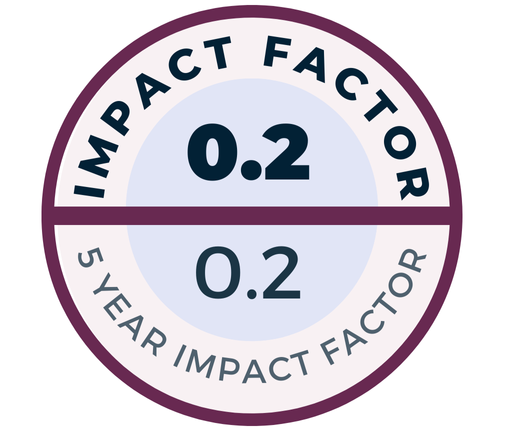Objective: Allergic rhinitis (AR) is a globally common inflammatory disease that has a considerable effect on an individual's quality of life. It is estimated that AR affects 10% to 25% of the general population. Both gustatory and olfactory disorders affect the social activities and job performance resulting in impaired quality of life in patients suffering from AR. We think that these problems have not been sufficiently investigated in the past. We, therefore, decided to evaluate the smell-taste disorders in patients suffering from AR. Our objective is to evaluate the chemosensory perception in patients suffering from allergic AR.
Methods: Fifty-four patients with AR and 34 healthy controls were enrolled for the current study. "Sniffin' sticks" test and taste strips were used for chemosensory assessment.
Results: According to the "Sniffin' sticks" test results, patients with AR had significantly lower scores for odor threshold and identification subtasks, whereas there was no difference between the two groups regarding odor discrimination scores (p<0.001, p<0.001, and p=0.3, respectively). After evaluating the taste strip test results, we found that taste scores were significantly low in patients with AR when compared to controls for sweet, salty, bitter and sour tastes.
Conclusion: This study showed clinically important deficiency of chemosensory sensitivity in AR patients. Since chemosensory deprivation in AR patients has tended to be overlooked in the past, these outcomes suggest that chemosensory disorders should be part of the standard evaluation of patients with AR.

.jpeg)
